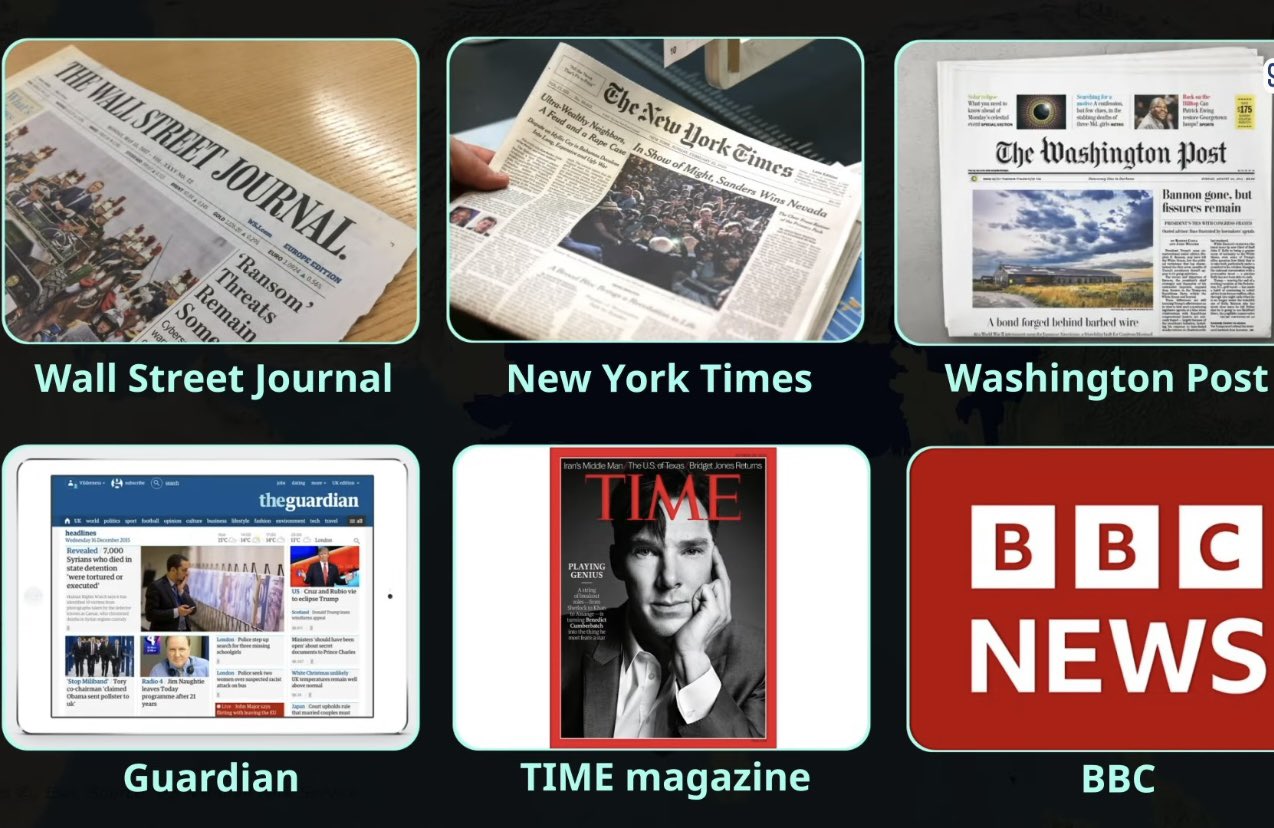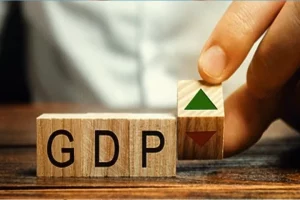It is not often that India gets praised and recognised by the Western media for any of its achievements. But is the trend somewhat changing with India beating the UK to become the fifth largest economy in the world?
An article published by the Guardian on Monday, noted that “the emergence of its neighbour, India, as a potential new economic superpower may be going under the radar.”
“It still has enormous problems of poverty and poor infrastructure, but it is beginning to emerge as a rival to its large neighbour with the kind of economic growth figures that were once the pride of Beijing,” the British news organisation said.
Just last week, the New York Times (NYT) pointed out that even as global economic growth has been slowing sharply, “with many major economies gripped with worries of recession,” India has been an exception.
According to the NYT, a suite of government policies, including increased public investment, relief to debtors, and credit guarantees to small and medium-size firms hit hardest by the pandemic has helped the economy.
“Policy interventions have kept inflation — which has historically been high in India — relatively in check. And purchases of discounted oil from Russia, against the wishes of the United States and Europe, have helped buffer rising global energy prices,” the NYT said.
India, which is now targeting to touch the $5trillion economy level in the next few years, recorded an GDP growth rate of 13.5 per cent for the April-June quarter of the current financial year. During the same period, the US economy– the world’s largest– contracted by 0.6 per cent and China, the second largest, recorded a growth of 0.4 per cent. The European Union’s gross domestic product (GDP)– a measure of national income and output — grew 4 per cent in the April-June period.
With China’s zero Covid approach leading to rise in uncertainties and dent in supply chain network, several multinational companies, especially from South Korea and Japan, are looking to expand their presence in India.
According to reports, the Tatas have already held preliminary talks with Taipei-based Wistron for setting up a joint venture to manufacture iPhones in India.
Biased coverage
But the western media has primarily chosen to project only one side of the India story.
In February, the Indian Institute for Mass Communication brought out a report ‘Analysis of Global Media Coverage of Events in India’ in which it highlighted how the western media have damaged India’s image through their reportage and ‘click bait’ approach. Usage of words such as ‘fear,’ ‘riot,’ ‘cow,’ ‘hate’ and ‘Muslim’ among others have been rampant to build a negative narrative.
According to the All India Radio’s news division, declining demand for print compounded with stiff competition and limited space to grow in their own countries, these Western media houses have found India as a lucrative market with third largest English speaking population. “Icing on the cake for them is India’s vast and varied demography which makes it a complex society with many potential fault lines which can be exploited,” it said.
Challenges however remain
The most crucial among the challenges is employment generation. That is not all. India must ensure equitable growth as well while improving the social development index. “The government is aware of the problem (unemployment rise). It is looking to address the issue through reforms along with the implementation of various schemes and programmes…in India, it takes some time to resolve such issues as implementation of new policies take a bit of time and consensus can be built only through dialogue,” an insider told India Narrative.
He added that the government may aggressively implement labour reforms to address the issue.
Price rise is also hitting the common citizens. Surging global crude oil prices have pushed inflation, especially food prices though they are lower compared to many other countries.
“The government is continuously reviewing the situation on the ground and whatever is required, will be done,” he added.
Meanwhile, on August 30, laying the roadmap for economic and social development for the next 25 years, India released a report on competitiveness. Christian Ketels, professor at Harvard Business School, one of the architects of the roadmap, speaking on the occasion highlighted that India’s performance will have global ramifications. “How India addresses its competitiveness challenges and harnesses opportunities will affect how different countries address challenges they face,” he said.
Also read: Modi demolishes two key colonial era relics, deepening foundations of a New India
PM Modi gives clarion call to support innovative spirit of nation’s youth




















